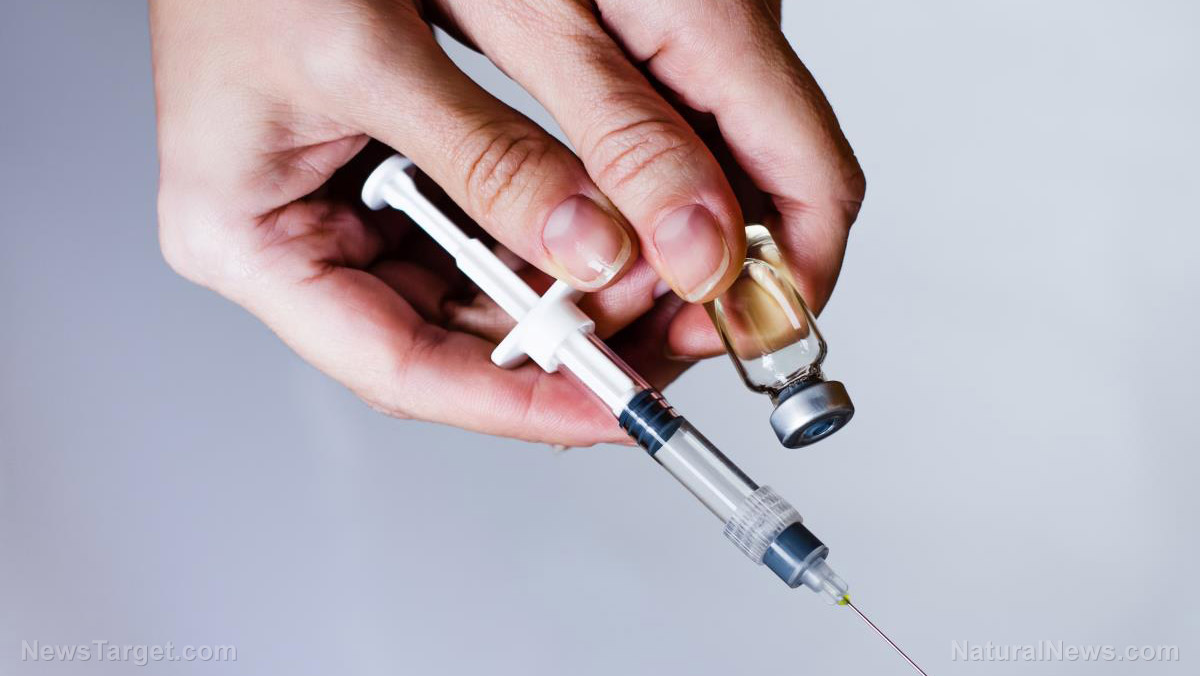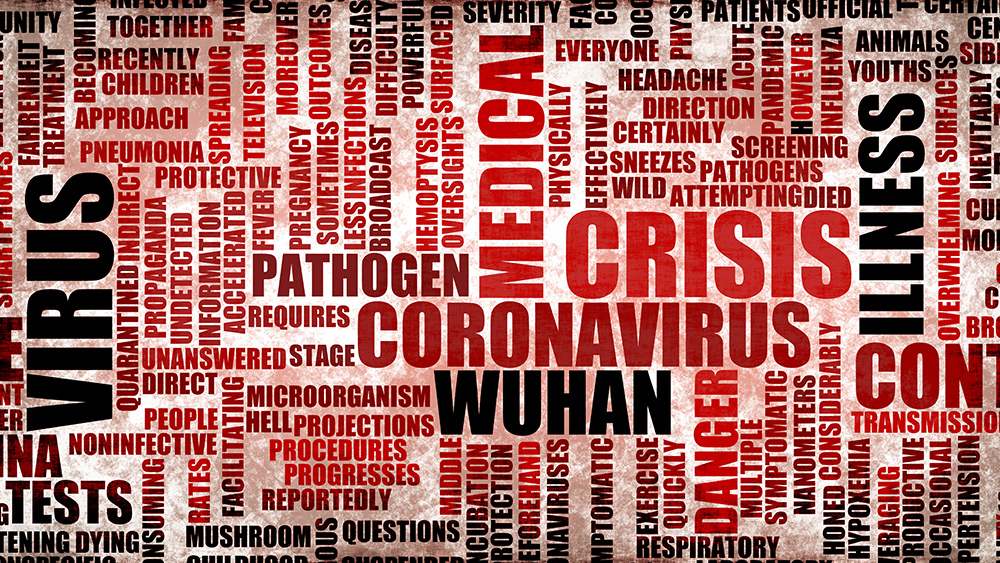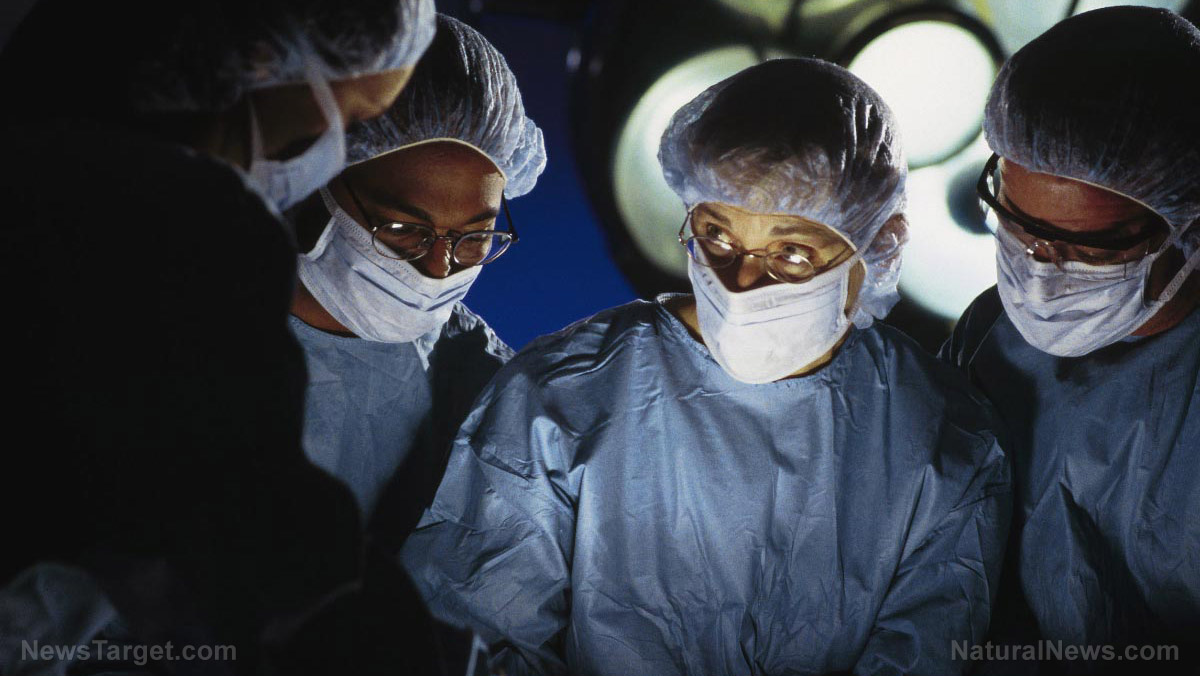Pfizer and Moderna expected to earn $32 billion from 2021 sales of their coronavirus vaccines
12/22/2020 / By Ramon Tomey

Wall Street analysts have surmised that drugmakers Pfizer and Moderna will earn combined profits of about $32 billion in 2021. Investment bank Morgan Stanley projected that Pfizer’s COVID-19 jab is expected to bring in $19 billion next year. Meanwhile, Goldman Sachs remarked that Moderna will rake in $13.2 billion in earnings come from its Wuhan coronavirus vaccine.
This comes in stark contrast to pharmaceutical firms Johnson & Johnson and AstraZeneca, who have vowed to offer their Wuhan coronavirus vaccines at no profit once they are approved for emergency use. The vaccine candidates from AstraZeneca and J&J are currently undergoing trials as of writing.
The messenger RNA (mRNA) vaccines from Pfizer and its German partner BioNTech and Moderna both reported more than 90 percent efficacy rates in clinical trials. However, the U.S. Food and Drug Administration (FDA) authorized the Pfizer/BioNTech jab for emergency use Dec. 11. A panel consisting of 23 independent scientists voted in favor of the BNT162b2 jab and recommended it to the FDA the day before, following long and drawn-out talks over its safety.
FDA Commissioner Stephen Hahn said regarding the Pfizer/BioNTech jab’s approval: “The FDA’s authorization … of the first COVID-19 vaccine is a significant milestone in battling this devastating pandemic. The tireless work to develop a new vaccine to prevent this … disease in an expedited timeframe after its emergence is a true testament to scientific innovation and public-private collaboration worldwide.”
Prior to the FDA, the United Kingdom’s Medicine and Healthcare products Regulatory Agency (MHRA) gave its authorization for the BNT162b2 jab Dec. 2 – which was subsequently rolled out to the population Dec. 8.
Pfizer stocks were barely affected despite its Wuhan coronavirus vaccine candidate gaining approval due to its size: BNT162b2 sales represent a small slice of its overall revenue. It also promised to share half of its profits to BioNTech, which Pfizer collaborated with to develop the vaccine.
Meanwhile, the German firm’s shares listed in the U.S. spiked 300 percent this year following the announcement of its vaccine showing promise. Moderna stocks likewise benefited from its promising vaccine, shooting up 700 percent from the start of the year.
The mRNA vaccines by Pfizer/BioNTech and Moderna appear to bypass safety in the name of profit
However, regulators have overlooked the safety risks that come with rushing the development of vaccines – as in the case of the Pfizer/BioNTech and Moderna vaccine candidates.
MailOnline reported Dec. 8 that four volunteers in Pfizer’s U.S. trials developed Bell’s palsy, a kind of facial paralysis, after receiving the BNT162b2 jab. The volunteers eventually recovered from the condition in a span of three to 21 days. Less than 0.5 percent of trial participants experienced serious side effects – including the four cases of Bell’s palsy, according to the FDA. The U.S. regulator denied that the vaccine directly caused the paralysis, but promised to observe other cases closely and warned doctors to watch out for the side effect in vaccinated individuals.
The U.K. also saw adverse reactions to the BNT162b2 vaccine during the country’s actual immunization program. Two workers under the National Health Service (NHS) experienced “anaphylactoid reactions” after receiving the COVID-19 jab, incidentally on the first day of the vaccine’s rollout. The reported adverse reactions prompted the MHRA to warn those with a “history of a significant reaction” to medicines, foods or vaccines against taking the coronavirus shot. (Related: UK begins mass vaccination program with Pfizer, starting with the elderly and healthcare workers.)
The NHS previously warned against giving the Pfizer/BioNTech jab to pregnant and lactating women, as its effects on fertility are still “unknown.”
While Moderna’s coronavirus vaccine candidate has not yet obtained emergency use approval, there are still concerns over its potential risks. The Massachussetts-based drugmaker admitted that its mRNA-1273 vaccine caused “grade 3 systemic symptoms” that require medical intervention in some volunteers.
A report by Children’s Health Defense elaborated that three volunteers who joined Moderna’s trials developed “serious adverse events” within 43 days after being vaccinated. (Related: Moderna admits that some components of mRNA tech used in vaccines can cause “significant adverse events”.)
Vaccines.news gives you the latest on Wuhan coronavirus jabs being developed to fight the pandemic.
Sources include:
Submit a correction >>
Tagged Under:
adverse reactions, allergic reactions, anaphylactoid reactions, Big Pharma, BioNTech, BNT-162b2, Clinical trials, coronavirus vaccines, covid-19 pandemic, FDA, Food and Drug Administration, mass immunization, Medicine and Healthcare products Regulatory Agency, MHRA, Moderna, mRNA-1273, National Health Service, NHS, Pfizer, vaccination, vaccine candidates, vaccines, Wuhan coronavirus
This article may contain statements that reflect the opinion of the author
RECENT NEWS & ARTICLES
BadDoctors.News is a fact-based public education website published by Bad Doctors News Features, LLC.
All content copyright © 2018 by Bad Doctors News Features, LLC.
Contact Us with Tips or Corrections
All trademarks, registered trademarks and servicemarks mentioned on this site are the property of their respective owners.




















